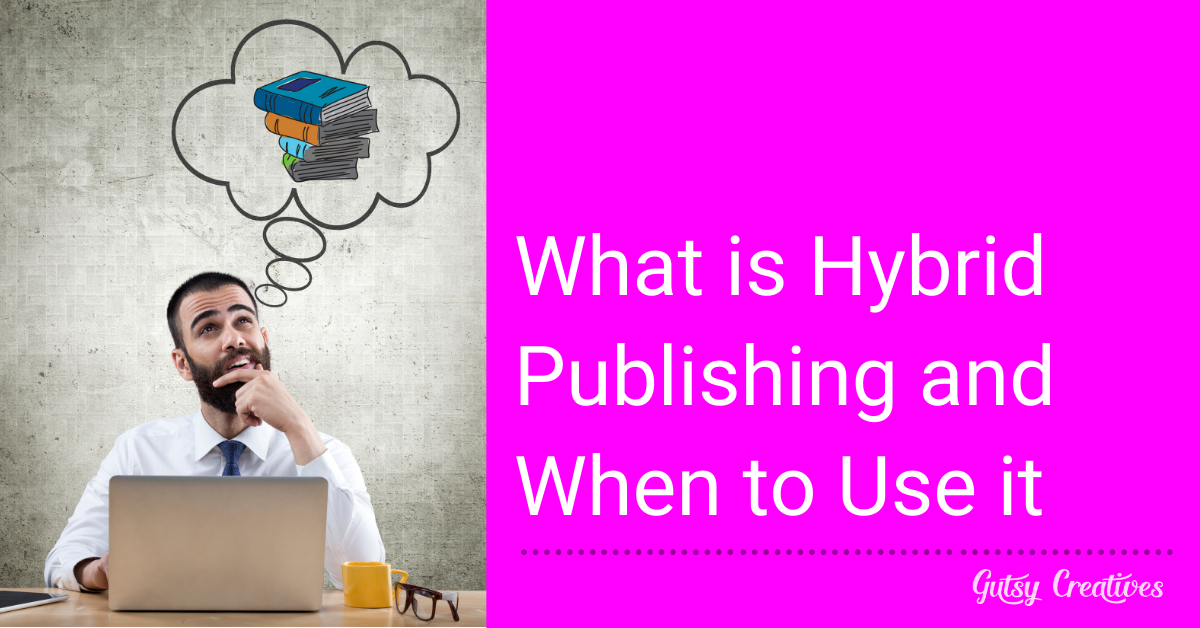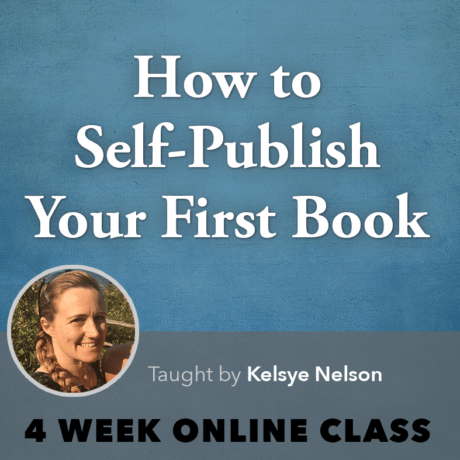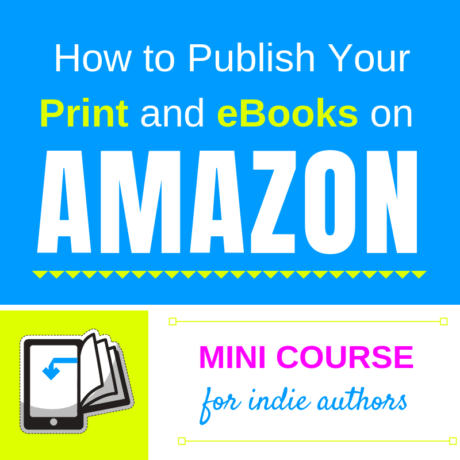

When it comes to publishing, it’s not always a choice between traditional publishing and self-publishing. For new authors uncertain about what would work best for their book, there’s another type of publishing, a sort of middle-ground: hybrid publishing.
As the name suggests, hybrid publishing is an emerging area of publishing that combines elements from both traditional and self-publishing. If you haven’t heard this term before, it’s probably because it comes in many different names, like “author-assisted publishing,” “partnership publishing,” “co-publishing,” etc.
What Exactly is Hybrid Publishing?
In hybrid publishing, you still take a financial risk just like in self-publishing. You invest in your own work (either through personal means or crowdfunding), and acquire more control over what happens during the book marketing process.
The traditional aspect of hybrid publishing comes when you hire a professional to do the work you don’t have an expertise on (or simply don’t want to spend time doing), like designing, editing, marketing, etc.
There are different types of hybrid publishing—traditional publishers who offer hybrid services (where the author pays upfront for some services), dedicated hybrid publishing companies (specializing in hybrid services), and agent-assisted hybrid publishing (distribution services overseen by agent-run publishing houses).
Advantages of Hybrid Publishing
1. More creative freedom
The main advantage of hybrid publishing for authors is the level of control—you have more creative freedom and more say in the process of producing your book. In traditional publishing, authors are often left out of the design and marketing process, which happens entirely according to the publisher’s plans. Here, though, you can give your input at every stage of your book’s journey.
2. Higher royalties
When you opt to publish your book via hybrid publishing means, you also get a higher percentage of royalties from your book’s sales. For example, traditional publishers pay authors about 10-15% in royalties for paperbacks, while hybrid publishers pay authors almost 50% in royalties!
3. Less effort
Self-publishing requires a lot of work that doesn’t end with completing your novel. In fact, that’s where all the hardest stuff starts because authors most often need to spend a large amount of time learning the basics of designing, editing and marketing—which can take a toll, and might not even give a professional finish to the book. Hybrid publishing minimizes these complications.
Disadvantages of Hybrid Publishing
1. Financial risk
Since you’re going to make a significant investment initially, there is a higher financial risk involved for you. If your book doesn’t perform, or the hybrid service you picked doesn’t do the job well, you will have to bear the brunt of the failure yourself. If the publisher fails to have your book placed in the right stores, you will have to take that responsibility upon yourself.
2. Publicity
Some hybrid publishers might expect you to play a part in publicizing your book. While they will contribute to it, you might also have to pay for some promotional services when your book is released and make sure you’re advertising your book through your social media channels. Therefore, it’s important to look at what kind of publicity and marketing the hybrid publisher has previously done for other authors before you decide to choose their services for your book.

Sharika Hafeez
Sharika Hafeez is a nerd, and she’s proud of it. Growing up, she fell in love with books and writing, and is currently following her undergraduate degree (for some mysterious reasons) in Physics. She likes procrastinating by watching the stars with a steaming cup of tea, composing poetry in her head.







0 responses on "What is Hybrid Publishing and When to Use it"